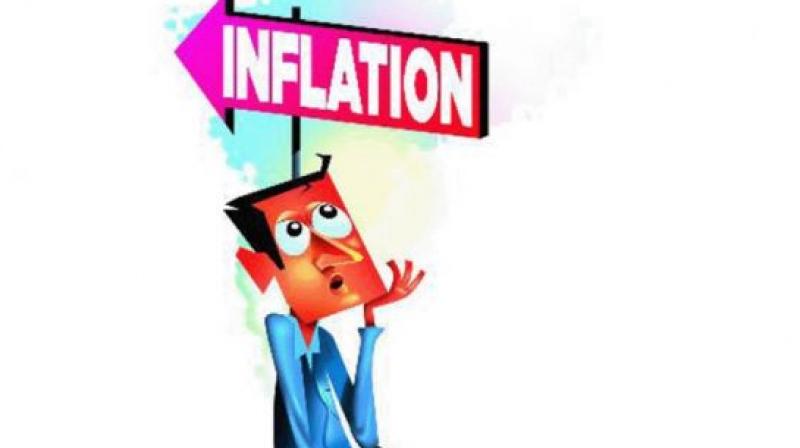Realty prices to rise slower than inflation
The liquidity crunch is likely to continue in 2019 and push (house) price growth to an all-time low.;

Bengaluru: India house prices will rise at half the rate of consumer price inflation next year, hit by dwindling credit supply, according to a Reuters poll of housing market experts who said Delhi, the national capital, will be hit hardest.
House prices have risen at almost double-digit rates for over a decade in a country, where for many owning a home is still a dream.
Asia’s third-largest economy is also grappling with a liquidity crunch after a large lending firm, IL&FS defaulted on a short-term debt payment in June.
The RBI and the government have since tussled over tight liquidity. Rising bad debts have made major banks and other large financial institutions cautious on lending, leading to a slowdown in the property market, which relies heavily on borrowing for both home building and buying.
“The liquidity crunch is likely to continue in 2019 and push (house) price growth to an all-time low. It will also lead to a scarcity in funds, pushing home loan interest rates higher,” said Anuj Puri, chairman of ANAROCK property consultants. “And thus, NBFCs and other commercial banks will be alert over further loan disbursements until normalcy returns to the market. This has created a deep-rooted problem. Only the fittest can survive,” he said.
House prices rose at an average annual rate of 8.5 percent last year, according to Reuters calculations based on the RBI’s NHB Residex (National Housing Bank Residential index) measure.
The Reuters poll of 14 property market experts showed that they expected national house prices to rise 2.8 per cent this year and 2 per cent next, around half the rate of the current and expected rate of consumer price inflation.
Delhi and Mumbai were either “overvalued” or “extremely overvalued”, according to a majority of respondents. But 10 of 13 analysts said homes in Bengaluru and Chennai were “fairly priced”.
“Most markets, except Bengaluru, have seen a pronounced fall in demand due to lower affordability,” said Arvind Nandan, executive director of research at Knight Frank India.

